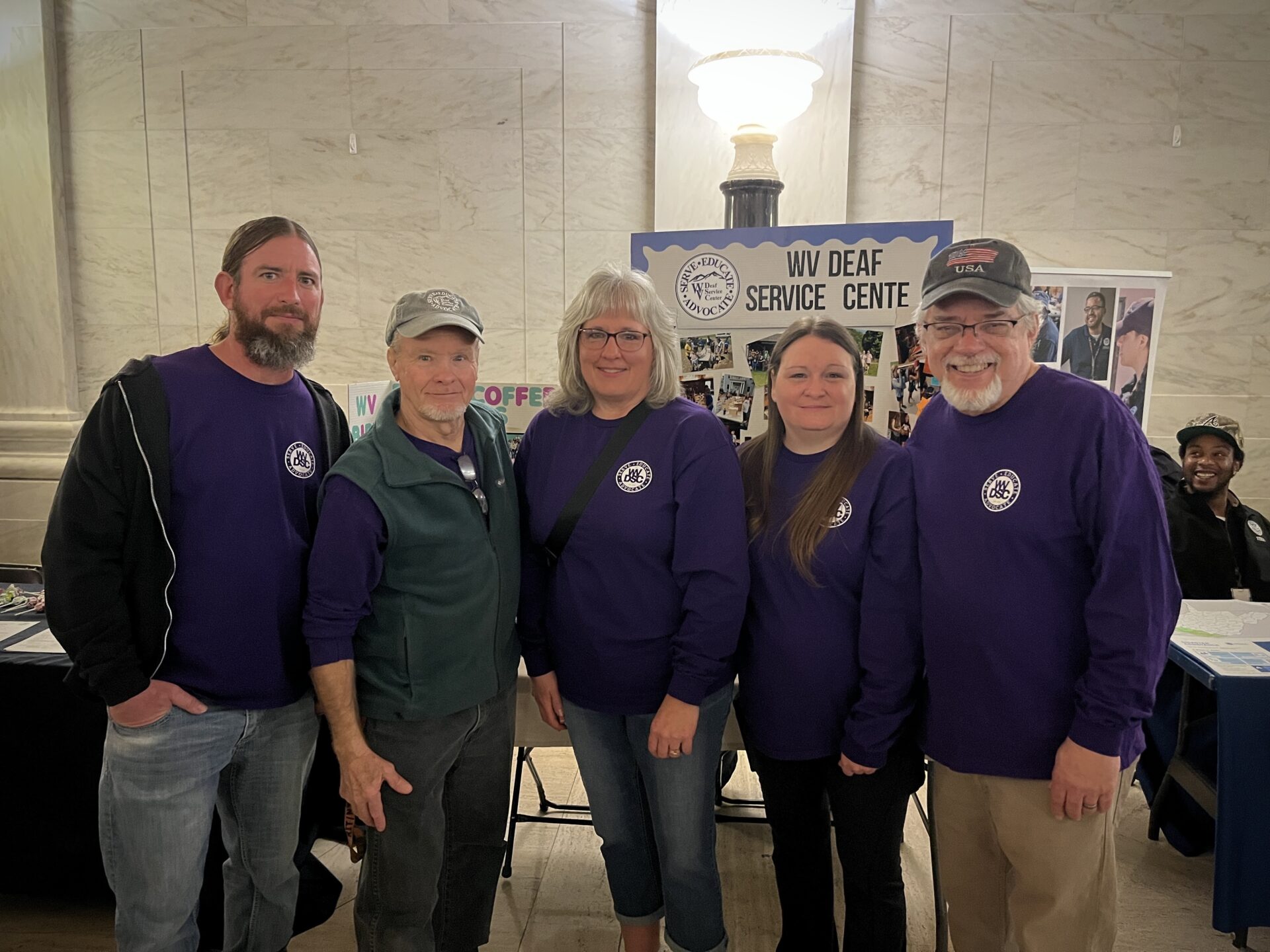A West Virginia couple has received the maximum sentences for abusing their adopted children. Jeanne Kay Whitefeather received a term of up to 215 years in prison Wednesday. Her husband, Donald Ray Lantz, got a term of up to 160 years. They had been found guilty of forced labor, human trafficking and child abuse and neglect.
A West Virginia couple received the maximum sentences of decades in prison Wednesday for abusing their adoptive children, which included heavy labor, locking them in bedrooms, forcing some to sleep on concrete floors and making them stand for hours with their hands on their heads.
Jeanne Kay Whitefeather received up to 215 years in prison and her husband, Donald Lantz, got a term of up to 160 years. A Kanawha County jury on Jan. 29 found the pair guilty on multiple counts of forced labor, human trafficking, and child abuse and neglect. Whitefeather also was convicted of civil rights violations based on race.
Whitefeather will be eligible for parole after serving 40 years and Lantz after 30.
“You brought these children to West Virginia, a place that I know as ‘Almost Heaven,’ and you put them in hell. This court will now put you in yours,” Circuit Judge Maryclaire Akers told the defendants. “And may God have mercy on your souls. Because this court will not.”
One by one, letters written by four of the children were read in court by the prosecutor office’s victim advocate. Some of the children stood by the advocate’s side as she read. The letters said the children endured unspeakable trauma, have difficulty trusting anyone, suffer nightmares and that they question and fear affection.
The oldest girl, now 18, addressed the court directly, telling Whitefeather, “I’ll never understand how you can sleep at night. I want you to know that you are a monster.”
Akers previously ordered news outlets not to publish the children’s names or use their images.
The couple, who are white, adopted the five Black siblings while living in Minnesota, moved to a farm in Washington state in 2018, then brought the family to West Virginia in May 2023, when the children ranged in age from 5 to 16.
Five months after their arrival in Sissonville, the couple was arrested after neighbors saw Lantz lock the oldest girl and her teenage brother in a shed and leave the property. A deputy used a crowbar to get them out.
Inside the main residence, a 9-year-old girl was found crying in a loft alone with no protection from falling, according to a criminal complaint. The children were found in dirty clothes and smelling of body odor, deputies said, and the oldest boy was found barefoot with what appeared to be sores on his feet.
A fourth child was with Lantz when he eventually returned, and deputies were later led to a 5-year-old girl. All five were turned over to Child Protective Services after the couple’s arrest.
Last month, the oldest daughter sued the couple, alleging severe physical and emotional abuse and neglect that has scarred her permanently.
After Whitefeather and Lantz made brief statements in court, Akers said they refused to take responsibility for their actions.
The judge pointed to a presentencing report in which the couple blamed their real estate agent “for not finding a place isolated enough,” Akers said. “But I guess you should have explained to your realtor that you needed an isolated place away from people so that you could continue to abuse your children.”
Children were forced to use hands for digging
During trial, neighbors testified they never saw the children play and witnessed Lantz make them stand in line or perform difficult chores around the yard, including lifting heavy items. After Lantz noticed the curious neighbors, the children mostly stayed indoors.
The eldest daughter testified the outdoor work occurred mostly in Washington and that some of them were forced to use their hands for digging. She also said the children were cursed at “all the time” and that Whitefeather used racist language.
The daughter said Whitefeather gave preferential treatment to the youngest child, who wasn’t involved in any of the charges, and that Whitefeather had told the other children that she wished for a life without them.
The daughter also said the children were fed a steady diet of peanut butter sandwiches at scheduled times, some left over from a previous meal. Some kids were forced to stand in their rooms for hours and keep their hands on their heads. The oldest girl and boy shared a room, were forced to sleep on the floor and used the same bucket for the bathroom while the other held up a sheet for privacy from the home’s security cameras, according to testimony.
The couple and their attorneys pushed back on the accusations, with Lantz testifying that the chores were assigned to teach the children responsibility.
Defense says couple was overwhelmed
The defense argued the couple was simply overwhelmed with trying to get help for the children’s mental health issues, abuse and trauma from their biological home. Lantz’s attorney, John Balenovich, said the state’s child welfare agency, which the family requested help from several times, “dropped the ball the most in this case.”
A forensic psychologist for the prosecution testified that the couple’s treatment of the children had worsened their conditions.
Assistant Prosecutor Madison Tuck said the couple never sought help for the oldest boy despite a behavioral health clinic being just minutes from their home. The boy, whose physical altercation with Whitefeather in 2022 was cited by attorneys as the start of the family’s internal struggles, currently is receiving full-time care in a psychiatric facility.
Whitefeather’s attorney, Mark Plants, said during closing arguments that the couple was only guilty of making poor parenting decisions.
“These are farm people that do farm chores,” Plants said. “It wasn’t about race. It wasn’t about forced labor.”
